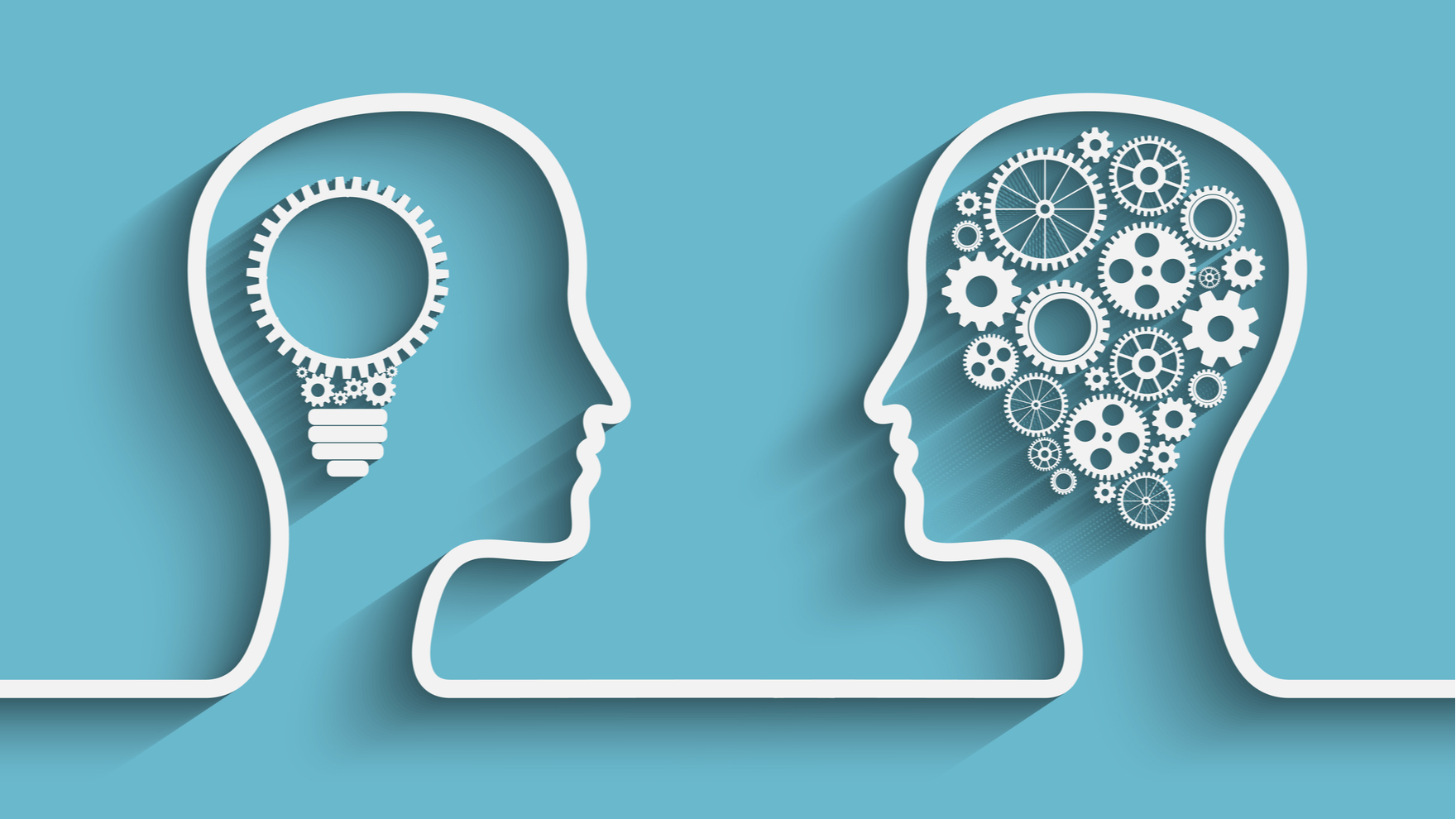How Artificial Intelligence Helps Overcome Bias in Enterprise Decision Making

Humans make snap judgments based on experience, but artificial intelligence relies on unbiased data.
The inconvenient truth is this: decisions are difficult, and humanity isn’t that great at making the best choices.
That’s true in both our personal lives and in the business world. Every day, company executives and managers are tasked with making critical decisions that can impact the customer experience, speed to market, workforce performance, and profitability.
Business leaders are well aware that decision making is immensely difficult to get right. It challenges limited human capabilities to process the volume and velocity of information, collaborate with others, and select the best course of action.
For example, an article by The Conversation that discusses research analysis on human judgment noted that researchers “consistently found that people were surprised by how quickly they make judgments and how little information they use doing so.” It goes on to explain how individuals fail to anticipate how little information they and others use when making decisions.
The Root Cause of Bad Decisions
Why are business decisions so often flawed? Studies have endeavored to pinpoint the factors that influence decisions. Experience plays a key role. So do optimism and overconfidence. And we all have cognitive biases, meaning systematic errors in thought that derive from misperception and subjective realities.
Group decision making introduces a twist. For example, research has found that people reach far different conclusions when a) members of a group are aware of each other’s perspectives and b) individuals make their own decisions without knowing others’ views. In other words, the so-called “wisdom of the crowds” may not be so wise after all.
Business decision making is more challenging than ever in our digital world. We have data — the ingredient for sound decisions — in abundance. Theoretically, that’s good, but it also multiplies choices and potential outcomes exponentially. And more data inevitably means more discrepancies and contradictions.
At the same time, institutional knowledge often walks out the door when individuals leave a company. Ad hoc processes and inventive workarounds that helped run the business are lost, leaving new personnel to start from scratch and imperiling the quality of decisions.
How Artificial Intelligence Is Reshaping Decision Making
Artificial intelligence (AI) is beginning to reshape the future of decisions. Through services like Google and Siri, AI helps guide decisions in our personal lives, from shopping to commuting via the fastest route.
And now businesses are embracing AI to make better, faster decisions through Decision Intelligence. Machines can sift through vast amounts of information and generate prescriptive insights efficiently. AI can capture institutional knowledge that is deeply embedded in business operations managed by people. Finally, it can proactively guide individuals and organizations in decision making.
For example, consider a large global enterprise that has a complex supply chain. It can take planners weeks to round up data, crunch numbers, and come up with a best-guess forecast. Still, the forecast can be terribly wrong if data was overlooked or misinterpreted, or cognitive biases were in play.
Rather than planners toiling in spreadsheets and arguing over numbers, machines and AI can do the hard work and deliver prescriptive insights that guide leaders to arrive at informed plans — without oversights or bias.
The Human Role in Artificial Intelligence
AI-augmented decision making excels where humans don’t, especially in tasks involving time sensitivity (speed), large volumes of data, many information sources, and repetitive work. However, AI should not be viewed as a silver bullet to solve all decision-making issues in a company. Some key considerations include:
- Processes and controls have to be deeply reimagined so that there are guardrails and safety nets to avoid blind spots. For example, data quality is a huge issue in organizations. If machines start with bad data, they will ultimately arrive at the wrong decisions fast.
- The need for human observation and oversight is even more important when it comes to accountability and trust. A “black box” approach to making decisions can blur the boundaries of accountability between humans and machines. So, clear controls need to be established.
- Humans are often better able to assess the “soft” factors of a decision, such as branding, political and environmental issues, and similar considerations. Human empathy and communications will remain essential in ensuring that decisions align with corporate social responsibility and aren’t based strictly on time and cost savings.
These considerations should be factored into the cultural and social fabric of an organization. This is essential and complementary to preparing for the cognitive era.
In summary, the use of AI can help eliminate deep biases so that organizations can overcome key barriers to improve their decision making, but it should never be thought of as a silver bullet business solution.
This article was originally published on Forbes.






